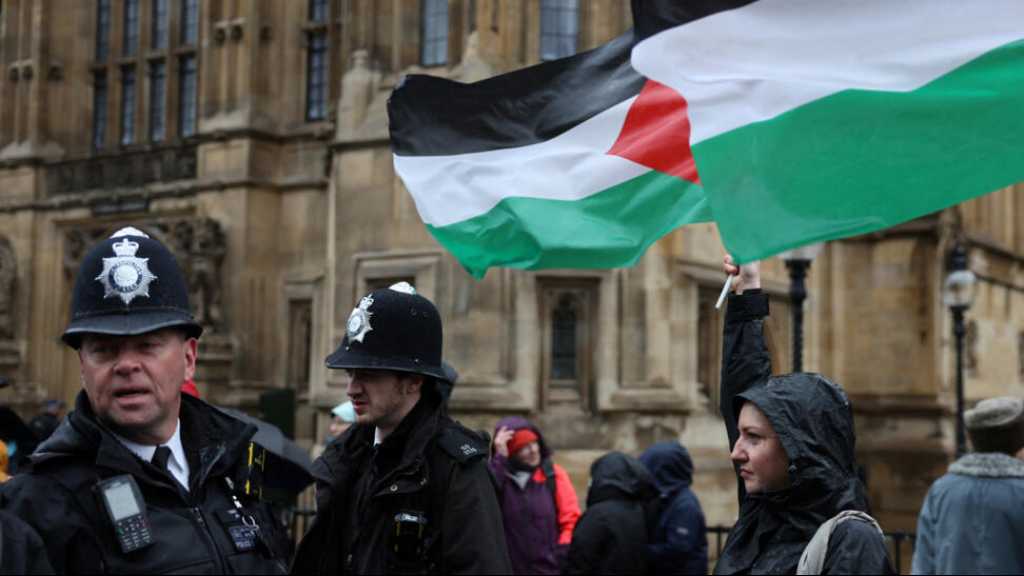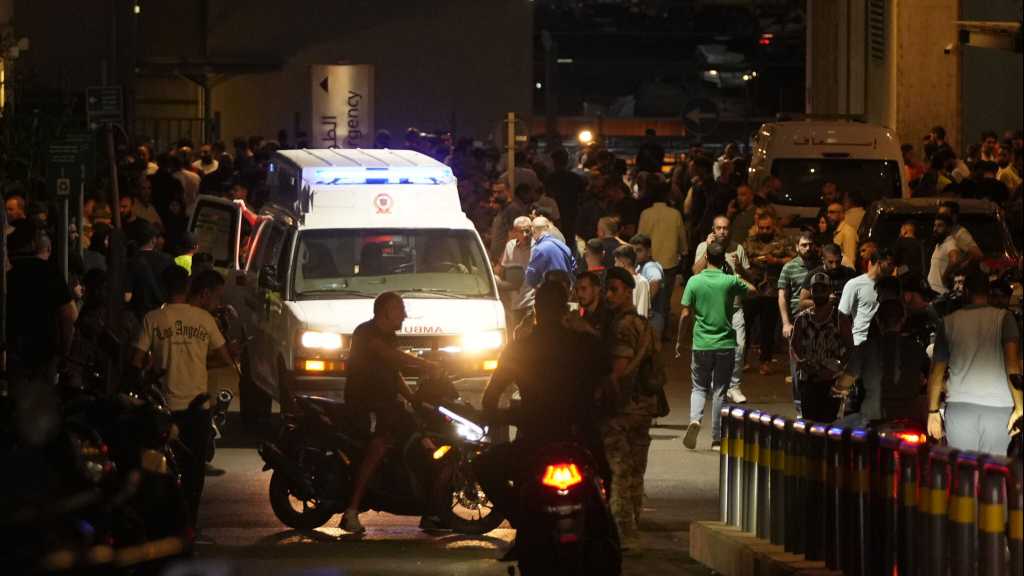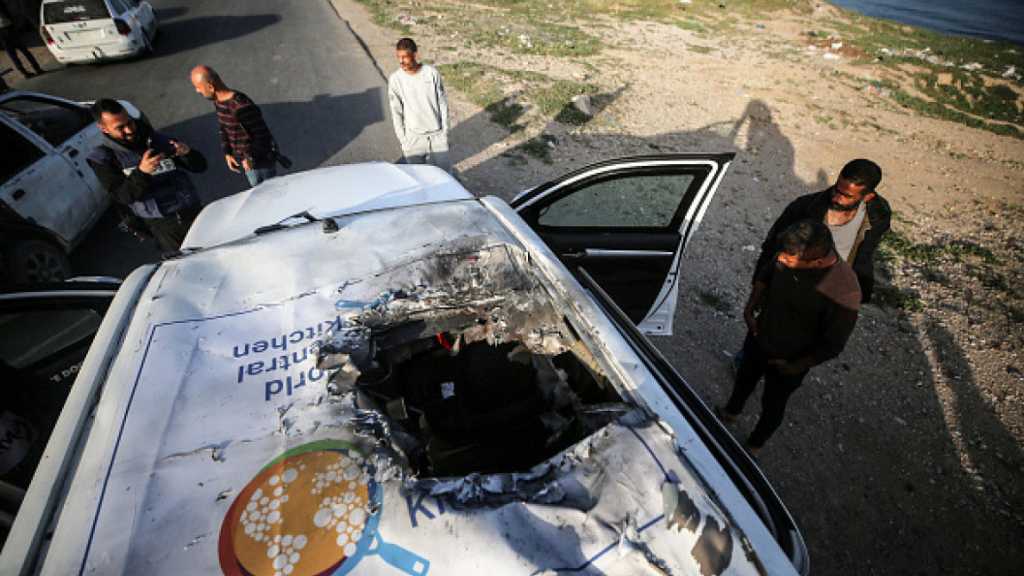UK Court Rejects Campaigners’ Bid for Review of Saudi Arms Sales
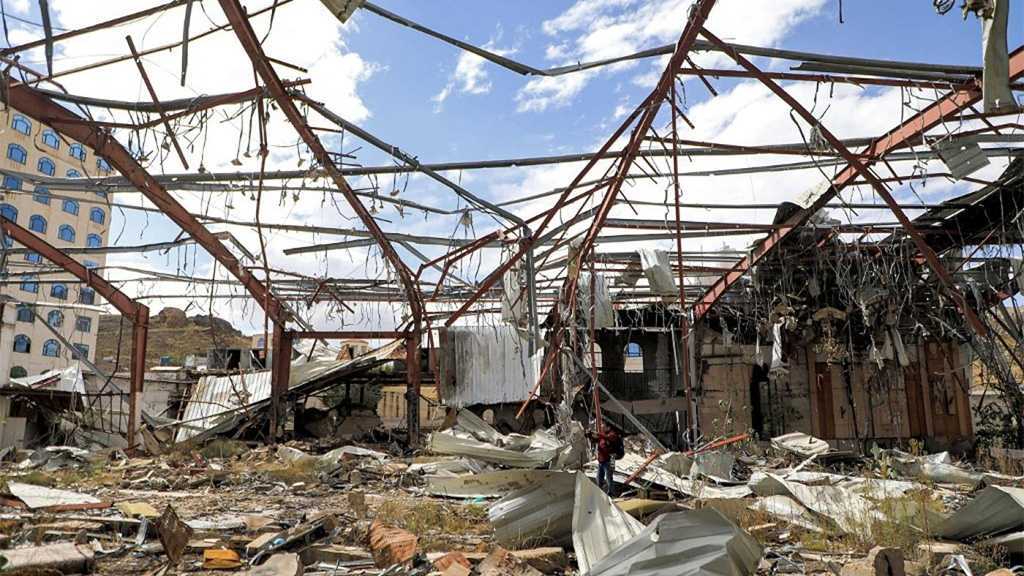
By Staff, Agencies
The UK's High Court rejected a bid by campaigners to overturn the government's resumption of arms sales to Saudi Arabia for use in the war on Yemen.
Two judges dismissed the case brought by the UK-based Campaign Against Arms Trade [CAAT] on Tuesday, concluding that there had been "continuing rationality" in a risk assessment performed by officials before sales to the kingdom restarted in 2020.
CAAT argues that UK arms have contributed to a breach of international humanitarian law and one of the world’s worst humanitarian disasters, adding that more than 8,970 civilians had been killed by Saudi-coalition air strikes in Yemen.
A previous court challenge by CAAT in 2019 forced the UK government to suspend arms sales, but after an internal review sale resumed on the basis that the breaches of humanitarian law were “isolated incidents.”
This week, judges sided with the government, finding the secretary of state for international trade had followed the risk assessment required as part of the decision to license arms sales to the kingdom.
In the ruling, the judges reiterated arguments made by the court in 2019, saying they were "not concerned with the merits" of the secretary's position when the assessment was made, but that it was their role to judge whether the matter had been approached lawfully.
"Different people in society may or may not approve of the sale of arms to Saudi Arabia. They may nor may not share the Secretary of State’s view about the assessment of risk," they wrote. "It is simply not the function of the court to adjudicate on those underlying merits."
Emily Apple, CAAT's spokesperson, said it was "obviously disappointed with the verdict," but particularly for the Yemeni people "whose lives have been devastated by UK-licensed bombs."
She noted that much of the evidence that the judges used to make their ruling was shared in closed sessions that CAAT was not able to hear.
Comments
- Related News
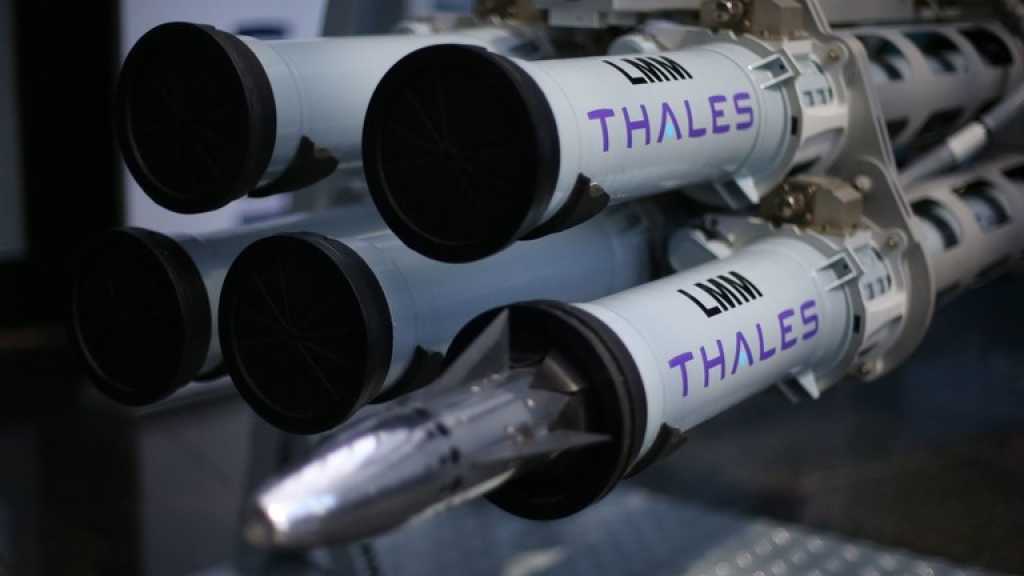
UK Announces New Missiles Package for Ukraine
2 months ago